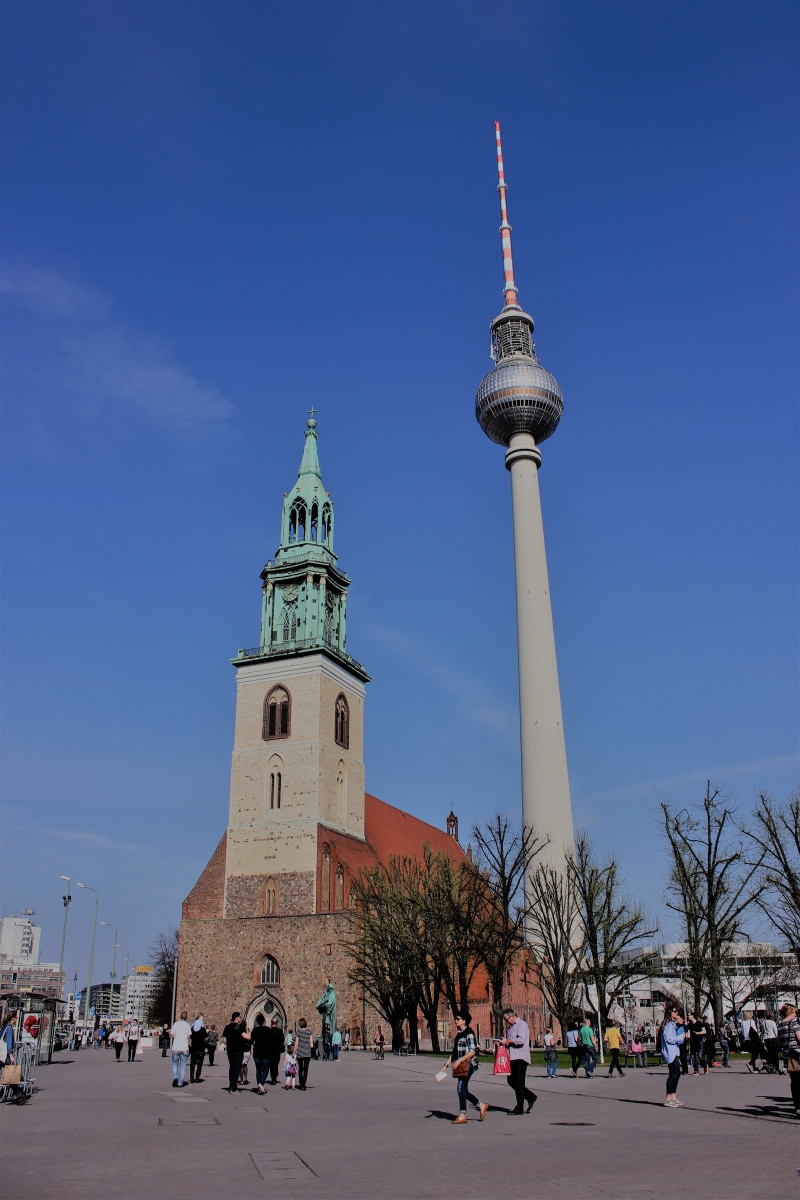Associated PhD project funded by the Deutschen Forschungsgemeinschaft (DFG)
The doctoral thesis ‘Television and the Transformation of Religion, 1960-1980’ examined public representations of church and religion in the television of the Federal German Republic and its impact on religious transformation processes. Transformation is chosen as distinct from the concept of secularisation, because church and religion have experienced no loss of meaning, but rather a change of meaning in the twentieth century. The focus was on both major churches and also other forms of religiosity in the television.
The investigation period is limited by two institutional turning points. Namely the social and internal church discussions about plans for the so-called ‘Adenauer-Fernsehen’ from about 1960 and private television from about 1980. TV wasn't only a ‘window to the world’ at that time, but also a way of ‘putting the churches under the microscope’. Major discussions within the churches, conflicts and transformation processes weren't experienced predominantly in the personal environment or the local community, but in the media. Self-depictions and external presentations of church and religion in different forms of TV content such as news, reports, pastoral broadcasts and fictional serials are not regarded as truthful representations. Instead, the project will investigate how processes of transformation were presented on television and how they were ordered, connotated and interpreted by the media.
The project also investigated social and religious reactions and responses to presentations in the media. Thus, the churches were not just passive objects, but became active players in the media via their own production companies, TV producers and influential representatives in the broadcast stations.
Successful defense of the dissertation at the Ruhr-Universität Bochum on October 30, 2019.

